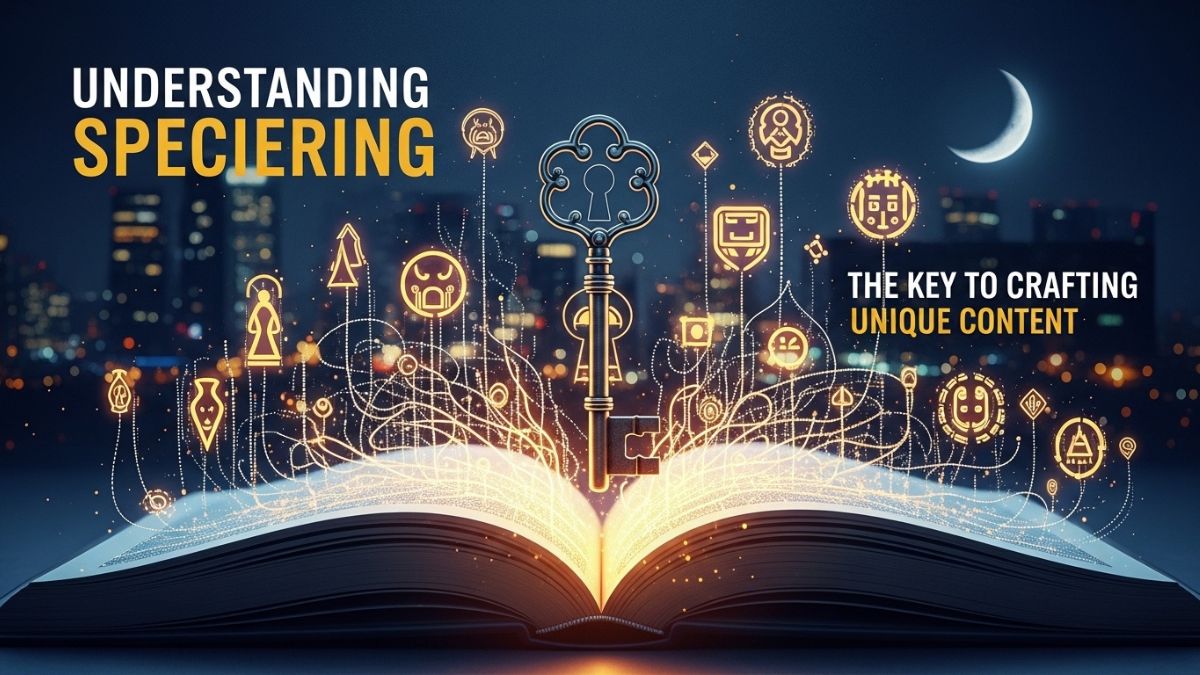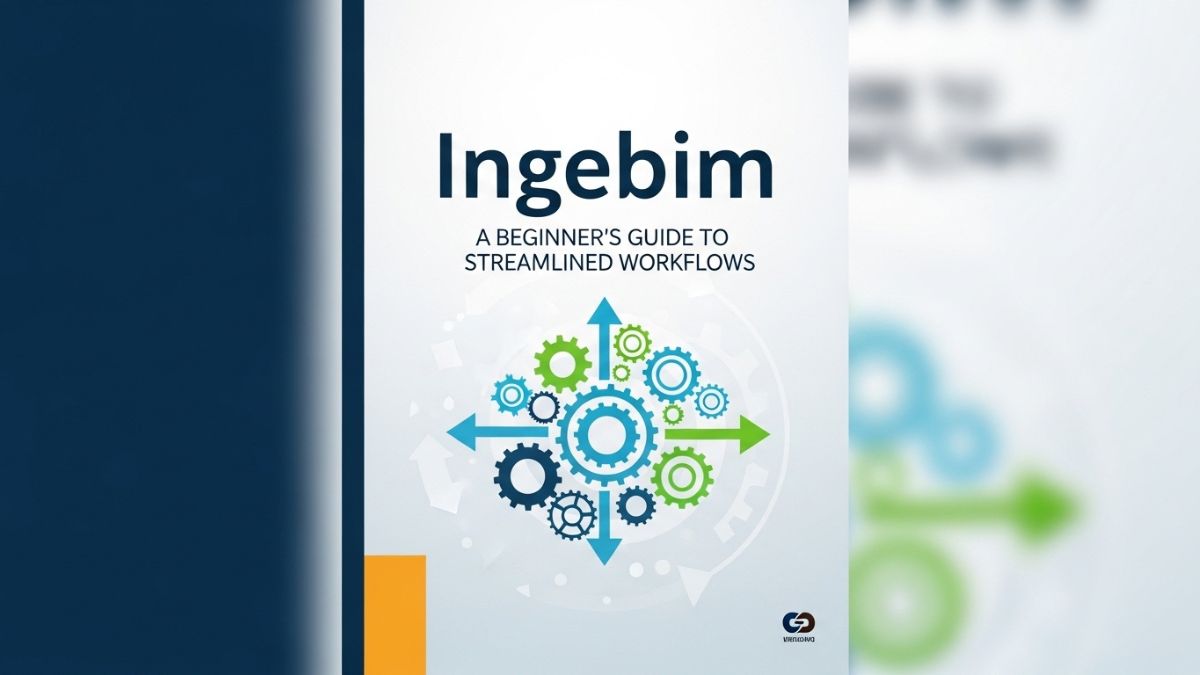Web crawlers are essential tools that make the vast landscape of the internet more navigable. Without these invisible workers of the web, search engines like Google, Bing, and Yahoo would be unable to provide the instantaneous search results we rely on daily. But what exactly are web crawlers, and why are they so crucial to the digital world? Let’s dive in and explore their roles, functions, and importance in the digital ecosystem.
What Are Web Crawlers?
Web crawlers, also known as spiders or bots, are automated programs designed to browse the internet systematically. Their primary function is to index the content of websites so that search engines can understand and organize the data. Essentially, these bots “crawl” through web pages, collecting information such as keywords, metadata, and links, which is then stored in a search engine’s index.
How Web Crawlers Work
When a web crawler visits a site, it follows a set of algorithms that determine how it navigates and processes the information on the page. The crawler scans the content, reads the HTML code, and stores the data in a massive database. This process is what allows search engines to retrieve relevant web pages quickly when a user conducts a search.
Why Are Web Crawlers Important?
Without web crawlers, the internet would be a chaotic space where finding specific information would be almost impossible. Crawlers make it possible for search engines to sift through billions of web pages and present the most relevant results to users. Their role is to ensure that the most accurate and up-to-date information is available for any given query.
Indexing: The Core Task of Web Crawlers
One of the primary tasks of a web crawler is indexing. Once a page is crawled, the data is stored and indexed, allowing search engines to quickly access and rank the page in search results. This process ensures that users get relevant information from a wide variety of sources, based on factors like content relevance, quality, and authority.
How Web Crawlers Affect SEO
Web crawlers play a vital role in Search Engine Optimization (SEO). When these bots crawl a site, they analyze its structure, content, and keyword usage to determine its relevance. A well-optimized website makes it easier for crawlers to index the content, improving its chances of ranking higher on search engine results pages (SERPs). Factors like site speed, mobile-friendliness, and proper use of keywords are crucial for effective crawling.
The Impact of Robots.txt on Web Crawlers
Robots.txt is a file that website owners can use to control the behavior of web crawlers. This file tells the crawler which pages or sections of a website it can or cannot visit. By using Robots.txt, webmasters can prevent sensitive or irrelevant information from being indexed, which can help protect user privacy or avoid cluttering search results with unnecessary content.
How Often Do Web Crawlers Visit Websites?
The frequency at which web crawlers visit a website depends on various factors, including the website’s size, popularity, and how often it is updated. Large, frequently updated sites like news websites may be crawled several times a day, while smaller, static websites may only be visited once every few weeks. This frequency can affect how quickly changes to a site are reflected in search engine rankings.
The Challenges of Web Crawling
Web crawling is not without its challenges. The vast size of the internet, coupled with constantly changing content, means that crawlers have a monumental task of keeping up. Additionally, crawlers must be able to handle different types of content, such as videos, images, and interactive elements, which are more difficult to index than standard text-based pages.
The Role of Sitemaps in Web Crawling
Sitemaps are crucial in guiding web crawlers through a website. A sitemap is essentially a list of all the pages on a website that a webmaster wants to be indexed. By submitting a sitemap to search engines, website owners can help ensure that all important pages are crawled and indexed, improving the site’s visibility in search results.
The Difference Between Web Crawlers and Scrapers
While web crawlers are used by search engines to index information, web scrapers are often employed to extract specific data from websites for other purposes. Scraping can be useful for gathering large amounts of data quickly but is sometimes considered unethical if done without permission. Scrapers can overload servers and violate terms of service, unlike crawlers, which follow ethical guidelines.
Popular Web Crawlers Used Today
Some of the most widely used web crawlers include Googlebot, Bingbot, and DuckDuckBot. These bots are responsible for indexing the majority of the content found on the web. Each crawler uses slightly different algorithms to determine how it ranks and indexes content, which is why search results can vary between search engines.
How to Make Your Website Crawl-Friendly
To ensure that web crawlers can easily navigate your website, follow SEO best practices. These include using clean, descriptive URLs, avoiding broken links, optimizing page load speeds, and creating high-quality, relevant content. By doing this, you can improve your site’s chances of being indexed properly and ranking well in search results.
How Web Crawlers Handle Dynamic Content
Dynamic content, such as JavaScript or AJAX elements, can be difficult for web crawlers to process. This is because such content is generated on-the-fly rather than being part of the static HTML code of the page. To ensure that dynamic content is indexed properly, webmasters need to implement techniques such as progressive enhancement or server-side rendering.
The Future of Web Crawlers
As the internet continues to evolve, so too will web crawlers. The increasing use of AI and machine learning in search algorithms means that crawlers will become even more sophisticated, able to understand context and user intent more effectively. This will result in more accurate search results and a better overall user experience.
Ethical Considerations in Web Crawling
Ethical considerations are increasingly important in the world of web crawling. Ensuring user privacy, respecting website terms of service, and avoiding overloading servers are critical aspects of ethical crawling. As technology advances, maintaining a balance between efficient data gathering and respecting ethical boundaries will be key for the future of web crawlers.
Conclusion
Web crawlers are the unsung heroes of the internet, working tirelessly behind the scenes to make the web more accessible and searchable. Their role in indexing, SEO, and maintaining an organized digital ecosystem cannot be overstated. As technology continues to evolve, web crawlers will only become more integral to how we navigate the ever-expanding world of the internet.
FAQs
What is the main purpose of a web crawler?
A web crawler’s primary function is to index the content of websites for search engines, making it easier for users to find relevant information quickly.
How can I make my website more crawl-friendly?
To make your website more crawl-friendly, optimize your content with proper SEO practices, use clean URLs, avoid broken links, and ensure fast page load times.
What’s the difference between a web crawler and a web scraper?
A web crawler indexes web pages for search engines, while a web scraper extracts specific data from websites, often for different purposes.
How often do web crawlers visit my website?
The frequency of crawls depends on the website’s size, popularity, and update frequency. Popular and frequently updated sites are crawled more often.
5. Can I prevent a web crawler from accessing certain pages?
Yes, by using a Robots.txt file, you can instruct crawlers to avoid specific pages or sections of your website.















